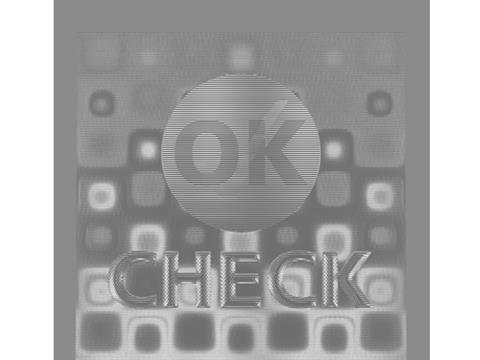
Giesecke + Devrient (G+D) has developed a new authentication solution, SIGN, to tackle counterfeiting and product and brand piracy.
Using modern micro-optics technology, SIGN aims for simple and rapid product authentication. It claims to be a “secure, sustainable and cost-optimized alternative” to labels with integrated security features.
Applied directly to packaging using high-precision embossing tools, this solution is intended to replace specially printed labels and conserve resources. It is said to emboss three-dimensional elements onto a product’s packaging, from height and depth effects to information that changes based on the angle the product is viewed from. These allow for anti-counterfeiting technology to be implemented into the packaging itself and customised to fit a range of products without compromising the packaging’s attractiveness.
Products should then be verifiable with the naked eye, G+D claims, as SIGN does not require an additional device for confirmation. Other perks are said to include easy integration with other security printing technologies and easy implementation into standard packaging printing processes.
Oliver Paul of Security Features Sales at G+D says that SIGN “offer[s] an effective solution that can be fully integrated into production processes and protects products against counterfeiting. And it does so with a high level of security, a wide range of design options and optimized costs at the same time.
“With our SIGN offering, we are pursuing the clear goal of combating brand and product piracy, which is becoming a worsening problem globally.”
It comes after Caps & Closures launched their ID-Shield holographic labelling and decoration system earlier this year.
Meanwhile, a team of biomedical engineers from Purdue University in Indiana, USA has developed anti-counterfeiting technology in the medical field by watermarking individual pills and scanning them with a smartphone.














No comments yet